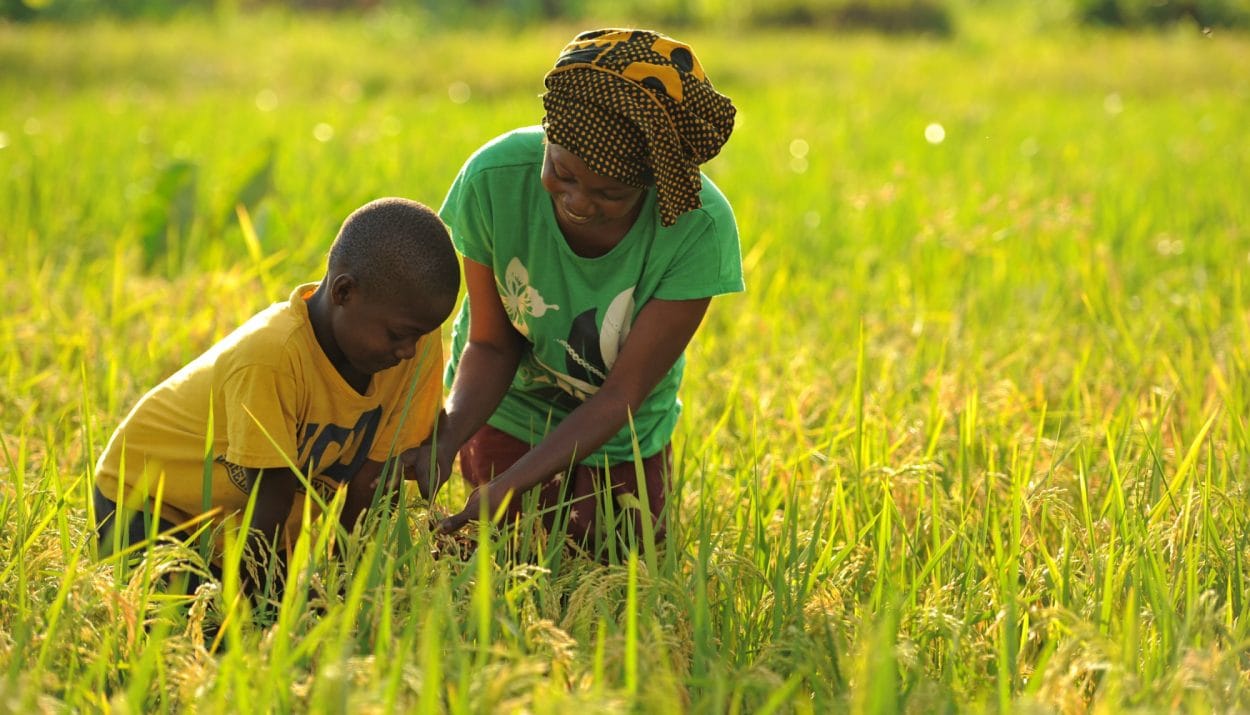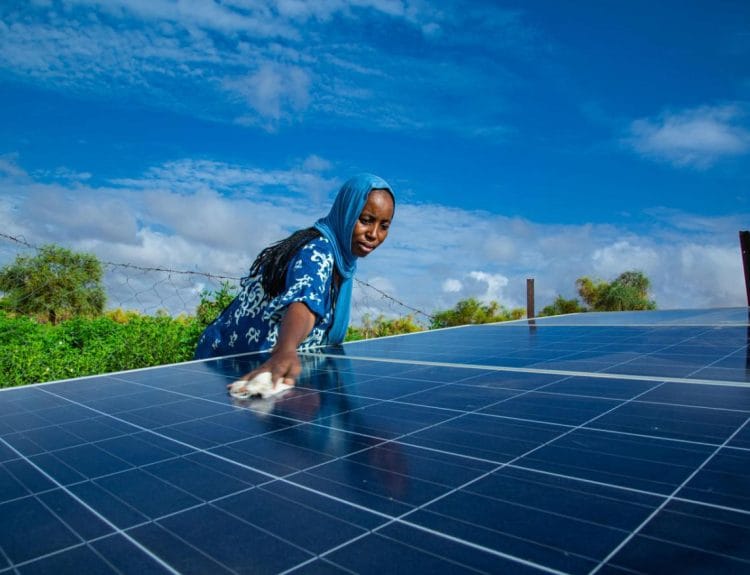In Tanzania, the growth rate of the agricultural sector reached 3.3% in the first 9 months of 2023.
According to the World Bank in its report on the update of the country's economic situation, during the same period, one year earlier, the sector showed a growth rate of 3.8%. This slowdown in agricultural activity is attributed to irregular precipitation that affected the performance of the productive sector throughout the year, mainly due to the El Niño climatic phenomenon.
Indeed, the drought induced by El Niño affected the planting of certain crops, thereby reducing the production of staple foods.
During this period, rice production, the second cereal grown in the country after maize, decreased by nearly 9%," the financial institution states in its report.
The agricultural sector in Tanzania is crucial for the country's economy, both in terms of its contribution to the gross domestic product (GDP) and employment. Located in East Africa, Tanzania benefits from a diversity of climates and geographies that enable it to produce a wide variety of crops
Despite the challenges, the agricultural sector remains fundamental to Tanzania's economic development
To overcome these challenges, the Tanzanian government and various international partners have implemented policies and programs aimed at improving productivity, market access, and resilience to climate change.
The objectives include improving access to financing, investing in infrastructure, and adopting modern agricultural technologies.
The growth potential of the agricultural sector in Tanzania is significant. With continued commitment to improving agricultural practices and supporting family farming, Tanzania can not only ensure its food security but also increase its competitiveness in international markets.
Article source: l'observateur






